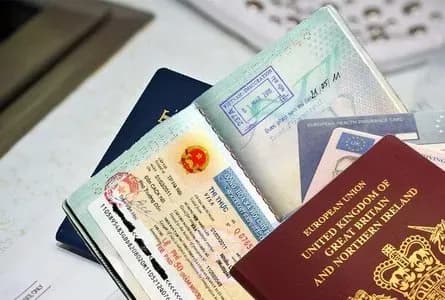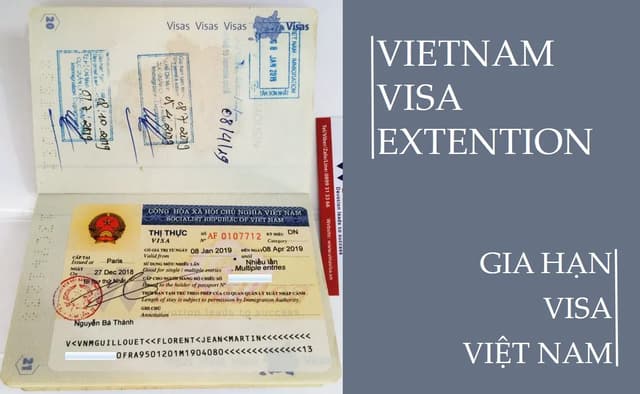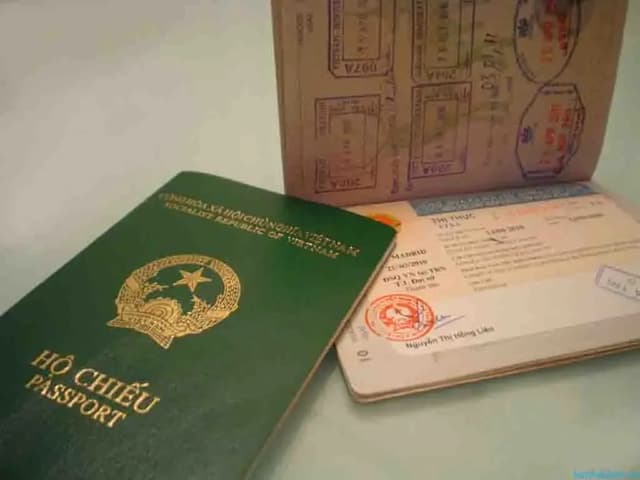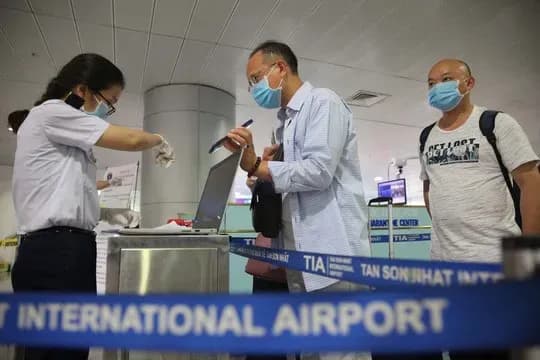Principles in the Law on Protection of Vietnamese Consumer Rights 2023
By Hoa Nguyen
19/11/2024
This article helps you understand the principles outlined in Vietnam's 2023 Consumer Protection Law. These principles aim to ensure consumer rights and safety, while promoting transparency and fairness in commercial transactions.
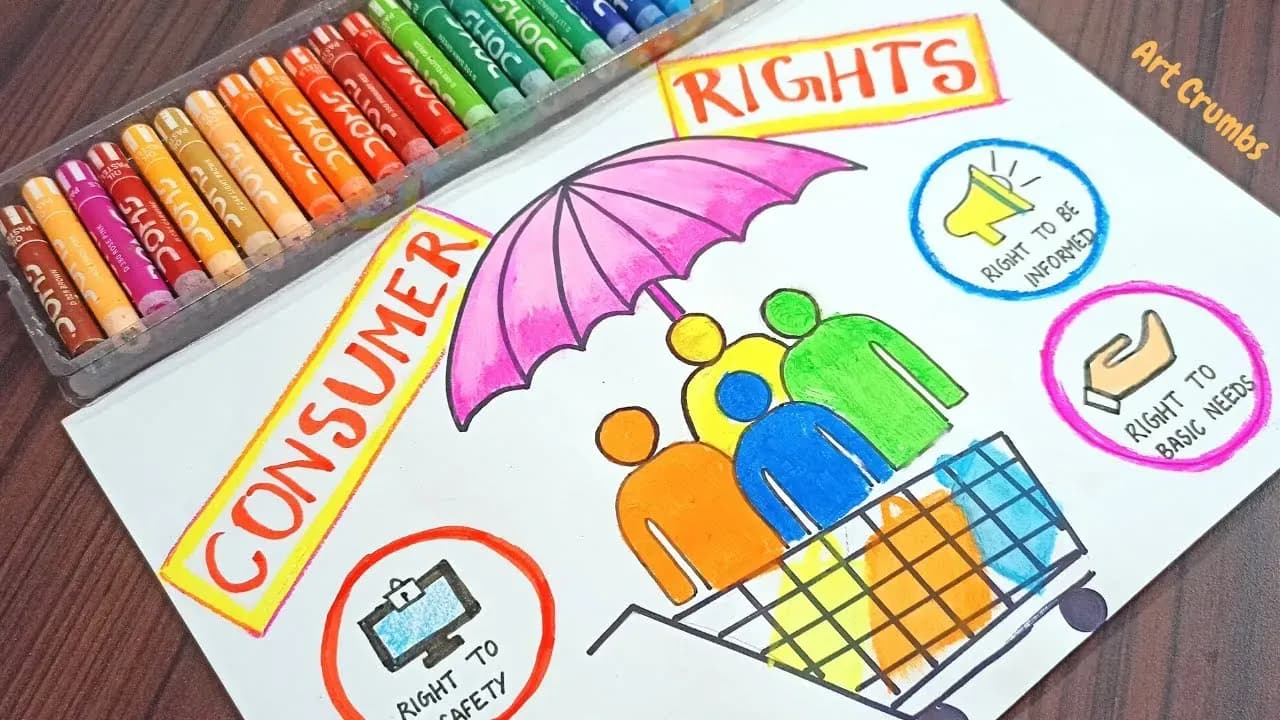
On June 20, 2023, the 15th National Assembly of the Socialist Republic of Vietnam, 5th session, passed Law No. 19/2023/QH15 Protecting consumer rights. This law includes 7 chapters and 80 articles, effective from July 1, 2024.
The scope of this law (Article 1) regulates principles and policies to protect consumer rights; consumer rights and obligations; Responsibilities of business organizations and individuals towards consumers; activities to protect consumer rights of agencies and organizations; resolve disputes between consumers and business organizations and individuals; State management of consumer rights protection.
1. Subjects of application (Article 2) include:
Consumers; Business organizations and individuals; Vietnam Fatherland Front; socio-political organizations; Socio-political-professional organizations, social organizations, socio-professional organizations (hereinafter collectively referred to as social organizations) participating in protecting consumer rights; Domestic and foreign agencies, organizations and individuals related to protecting consumer rights.
2. Prohibited acts in protecting consumer rights (Article 10):
2.1. Business organizations and individuals are strictly prohibited from performing the following acts:
Deceive or confuse consumers through providing false, incomplete, or inaccurate information about one of the following contents: products, goods, or services that organizations or individuals sales and supply business; reputation, business ability, ability to provide products, goods and services of business organizations and individuals; content and characteristics of transactions between consumers and business organizations and individuals; images, papers, and certification documents from competent state agencies regarding products, goods, services or business organizations and individuals; Harassing consumers through direct or indirect contact against the consumer's will to introduce products, goods, services, business organizations or individuals, or propose a combination contracts or other acts that interfere with consumers' normal work and daily activities; Forcing consumers to buy products, goods, or services against the consumer's will through the use of force, threat of force, or other acts of a similar nature; Forcing consumers to pay for products, goods or services provided without prior agreement with the consumer; Do not compensate, return money or exchange products, goods or services to consumers due to mistakes of business organizations or individuals; Do not compensate, return money or exchange products, goods or services to consumers because the products, goods or services are not in accordance with the registration, notification, announcement, listing, advertising or introduction. introductions, agreements, and commitments of business organizations and individuals; Swapping or cheating on products, goods and services when delivering or providing services to consumers; Without prior notice or publicity to consumers, sponsoring an influencer in any form to use this person's image, advice, or recommendations to promote commerce or encourage consumers to buy , use products, goods and services; Prevent consumers from checking products, goods and services, unless otherwise prescribed by law; Requiring consumers to purchase additional products, goods, or services as a mandatory condition for entering into a contract against the consumer's will; Provisions for terms that are not allowed in Article 25 of this Law in contracts concluded with consumers, form contracts, and general transaction conditions; Collecting, storing, using, editing, updating, and destroying consumer information contrary to the law.
2.2. Multi-level marketing organizations and individuals are strictly prohibited from performing the following acts:
Require others to deposit, pay a sum of money or buy a certain amount of goods to participate in multi-level marketing; Providing false and misleading information to consumers and individuals participating in multi-level marketing; Multi-level business without a multi-level marketing registration certificate; Organizing activities to introduce multi-level business activities without a multi-level marketing registration certificate; Multi-level business for services or other forms that are not buying and selling goods, unless otherwise prescribed by law; Develop a multi-level sales network that is not based on purchase and sale of goods; Carry out the acts specified in Clause 1 of this Article.
2.3. Business organizations and individuals establishing, operating, and providing digital platform services are strictly prohibited from performing the following acts:
Forcing or preventing consumers from registering to use or using other digital intermediary platforms as a mandatory condition for using the service; Limiting consumers' right to choose through prioritizing the selection of products, goods, and services among business organizations and individuals providing on digital platforms without publicizing selection criteria; Using measures to prevent displaying or dishonestly displaying the results of feedback and reviews of consumers about products, goods, services, organizations and individuals doing business on digital platforms, except in the case of negative feedback. Such feedback or assessment violates the provisions of law and is contrary to social ethics; Using measures to prevent registration, operation, evaluation, and display of feedback of social organizations participating in protecting consumer rights; Prevent consumers from removing pre-installed software and applications without affecting the basic technical features that help the digital platform operate normally or force consumers to install accompanying software and applications on the platform. number platform; Carry out the acts specified in Clause 1 of this Article.
Organizations and individuals are strictly prohibited from taking advantage of the protection of consumer rights to infringe upon the interests of the State and the legitimate rights and interests of other organizations and individuals. In addition, the Government regulates in detail Clause 2 of this Article.
2.4. Principles of protecting consumer rights (Article 6):
is the responsibility of the State, organizations, individuals and the entire society; The legitimate rights and interests of consumers are recognized, respected, guaranteed and protected according to the provisions of law; Protecting consumer rights must be proactively implemented promptly, fairly, transparently, and in accordance with the law; Activities to protect consumer rights must not violate the interests of the State, the legitimate rights and interests of business organizations and individuals and other organizations and individuals; Ensuring fairness, equality, no gender discrimination, voluntary, not violating the law, not contrary to good customs and social ethics in transactions between consumers and business organizations and individuals .
2.5. For vulnerable consumers (Article 8), the Law on Consumer Rights Protection stipulates:
Vulnerable consumers are consumers who are likely to suffer many adverse impacts in terms of access to information, health, property, and dispute resolution at the time of purchasing or using products, goods, or services. services, including: Elderly people according to the provisions of law on the elderly; People with disabilities according to the provisions of the law on people with disabilities; Children according to the provisions of the law on children; Ethnic minorities; people living in ethnic minority and mountainous areas, islands, areas with difficult socio-economic conditions, areas with extremely difficult socio-economic conditions according to the provisions of law; Women who are pregnant or raising children under 36 months of age; People with serious illnesses as prescribed by law; Poor household members according to the provisions of law.
2.6. Protecting the rights of vulnerable consumers is carried out as follows:
Vulnerable consumers are guaranteed consumer rights according to the provisions of this Law and rights and priority policies according to other relevant laws; Business organizations and individuals take the initiative and are solely responsible for organizing the implementation of regulations in Clause 3, Article 8; When a vulnerable consumer requests protection with evidence and documents proving that he or she is a vulnerable consumer and that his or her rights have been violated, business organizations or individuals must prioritize receiving, processing and not transferring consumer requests to a third party for resolution, unless that third party has related obligations. In case of refusing to resolve a vulnerable consumer's request, the business organization or individual must respond in writing, clearly stating the legal basis and inconsistency with the stated policy content. announced according to the provisions of Clause 3, Article 8; Business organizations and individuals must compensate vulnerable consumers for damages according to the provisions of civil law in case of delay, refusal of priority or refusal to receive and process requests from consumers. consumption according to the provisions of Point c of this Clause; State management agencies in charge of protecting consumer rights, socio-political organizations, and social organizations ensure priority in receiving and processing requests from vulnerable consumers and guiding them. Vulnerable consumers provide evidence and documents that their rights have been violated; State management agencies in charge of protecting consumer rights, socio-political organizations, and social organizations are responsible for guiding, inspecting, supervising, and handling violations of organizations and individuals. business in the process of organizing and implementing the responsibilities specified in Clause 3, Article 8 in accordance with the authority prescribed by law.
2.7. When dealing with vulnerable consumers, business organizations and individuals have the following responsibilities:
Ensuring the exercise of the rights of vulnerable consumers in the process of buying and selling products, goods, and providing services according to the provisions of law; Apply mechanisms to resolve complaints and disputes according to the provisions of law suitable for each vulnerable consumer; Do not refuse to resolve requests for protection of vulnerable consumers specified in Point c, Clause 2, Article 8 due to differences in language, writing, customs and practices; Prevent stigma, discrimination, and taking advantage of vulnerable factors to violate the legitimate rights and interests of consumers during transactions; Develop and promulgate orders, procedures, methods or measures suitable for each vulnerable consumer to ensure the right to complain, request dispute resolution and other rights of consumers vulnerable; Develop, update, and disclose to vulnerable consumers the content specified in this Clause in the form of posting at headquarters, business locations, or posting on electronic information sites and application software. application (if any) and training for its employees on those contents. The responsibilities specified in this point are not required to apply to individuals who operate independent, regular, non-commercial commercial activities. Must register business; small and micro enterprises as prescribed by law, except in cases where such enterprises carry out transactions specified in Chapter III of this Law; Other responsibilities according to the provisions of this Law and other relevant laws./
Vietnam visa application service for foreigners
By Hoa Nguyen
16/10/2024
Our Vietnam visa application service provides a quick and convenient solution for foreigners who need to enter and temporarily reside in Vietnam. We provide short-term and long-term visas for tourism, business, investment and visiting relatives. With a simple and professional process, we ensure to save time and bring satisfaction to customers. Contact us now for support!
Extend Vietnam visa procedures for foreigners
By Van Vu
16/10/2024
Extending Vietnam visa for foreigners is one of the important services to ensure legal residence in Vietnam. We provide a fast and simple visa extension process, suitable for various types of visas such as tourism, business, and visiting family. With attentive and professional support, we commit to bringing convenience and peace of mind to customers during the visa extension process. Contact us for detailed advice and support on extending Vietnam visa procedures.
Procedures for applying for visas for foreigners working in Vietnam
By Van Vu
16/10/2024
This article provides detailed instructions on the procedures for applying for visas for foreigners working in Vietnam, including short-term and long-term visa types, as well as corresponding conditions and expiry dates. In addition, information on legal regulations and necessary documents is also provided to support foreign workers and businesses in carrying out procedures effectively and legally.
Visa issuance for foreigners at international border gates
By Van Vu
21/10/2024
According to Article 18 of the Law on Entry, Exit, Transit and Residence of Foreigners in Vietnam 2014, the issuance of visas at international border gates for foreigners is regulated in detail.

